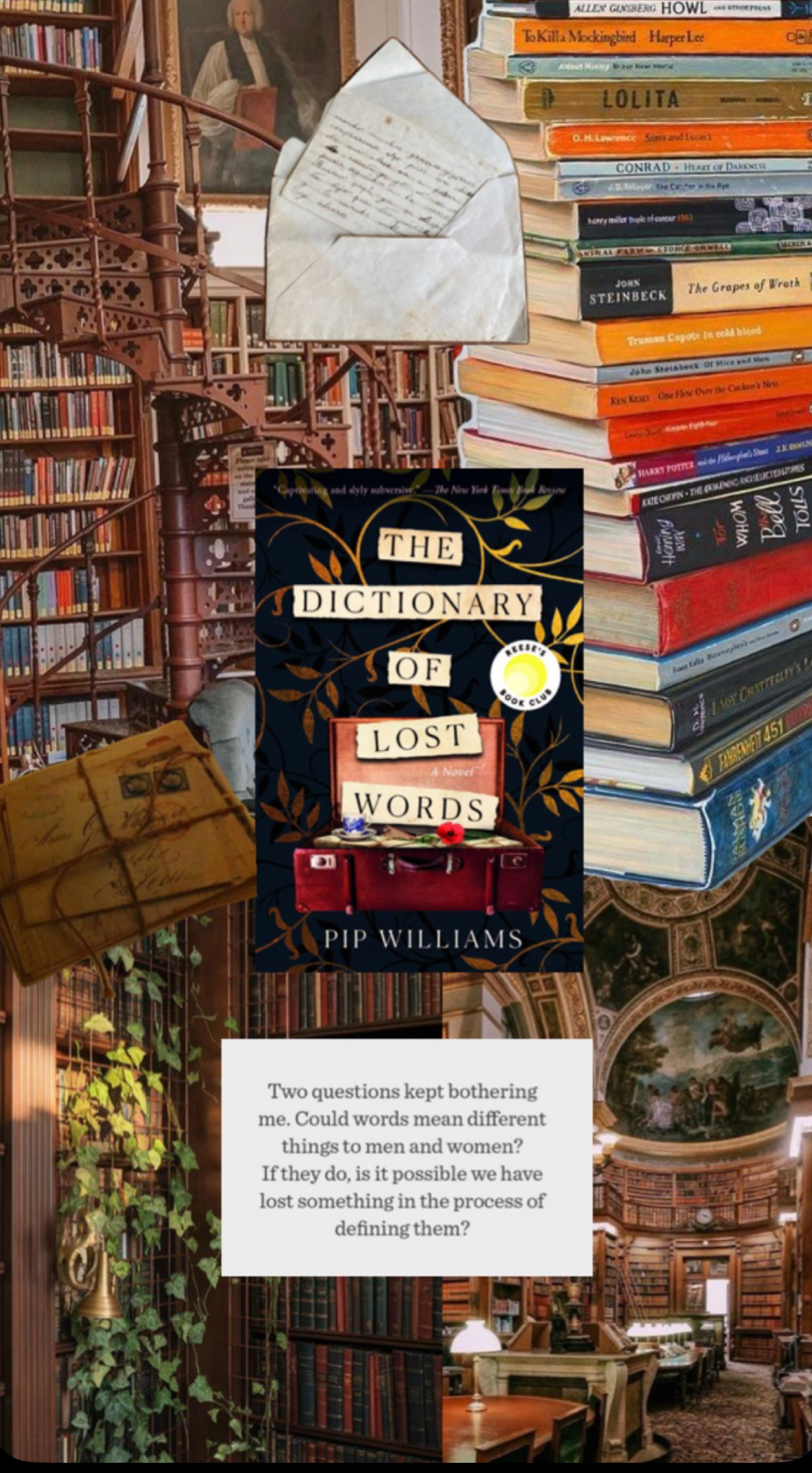“Classic” Literature
At first, I thought my elective would dive deep into the 5 major U.S. territories. But the more I reflected, the more I realized I wanted to zoom out and look at global relations too. Honestly, I started feeling like I’d rather take that class than teach it. So, I went back to the drawing board and asked myself: what’s something I’m genuinely passionate about and that students might connect with, too? The answer was staring me in the face: reading.
About a year ago, my book club read The Dictionary of Lost Words by Pip Williams, and it’s still with me. I thought I was picking up a cozy piece of historical fiction, but instead it reshaped how I think about language, history, and storytelling. The novel asks: who decides what counts as a “real” word? And from there, I began wondering: who decides what counts as “classic” literature?
That question became the foundation of my elective class. This elective would explore American literature through the voices that often go unheard: women authors, authors of color, and even those whose books were banned or censored.
Literature isn’t just art; it’s also a mirror of society and a tool of connection and resistance. From religious sermons to the Harlem Renaissance, from The House on Mango Street to Beloved, books have shaped how Americans think about freedom, identity, and justice.
This class also ties into my own background. I come from a genealogy of unheard stories, which makes me especially aware of whose voices are remembered and whose aren’t. Creating this course feels like a way to honor those silenced stories while helping students connect literature to the world they live in now.
Students would want to take this course because it tackles big, relevant questions: Why are some books banned? Who gets included in the canon? What do these choices say about power and culture?
For avid readers, it’s a chance to dive deeper. For those who don’t see themselves as readers, it’s a way to discover that literature is alive, connected to identity, justice, and the debates shaping society today. At least that’s my hope.
In the end, I want to teach this elective because I believe stories matter. What gets remembered, or left out, changes how we see the world and ourselves.


Comments
Post a Comment